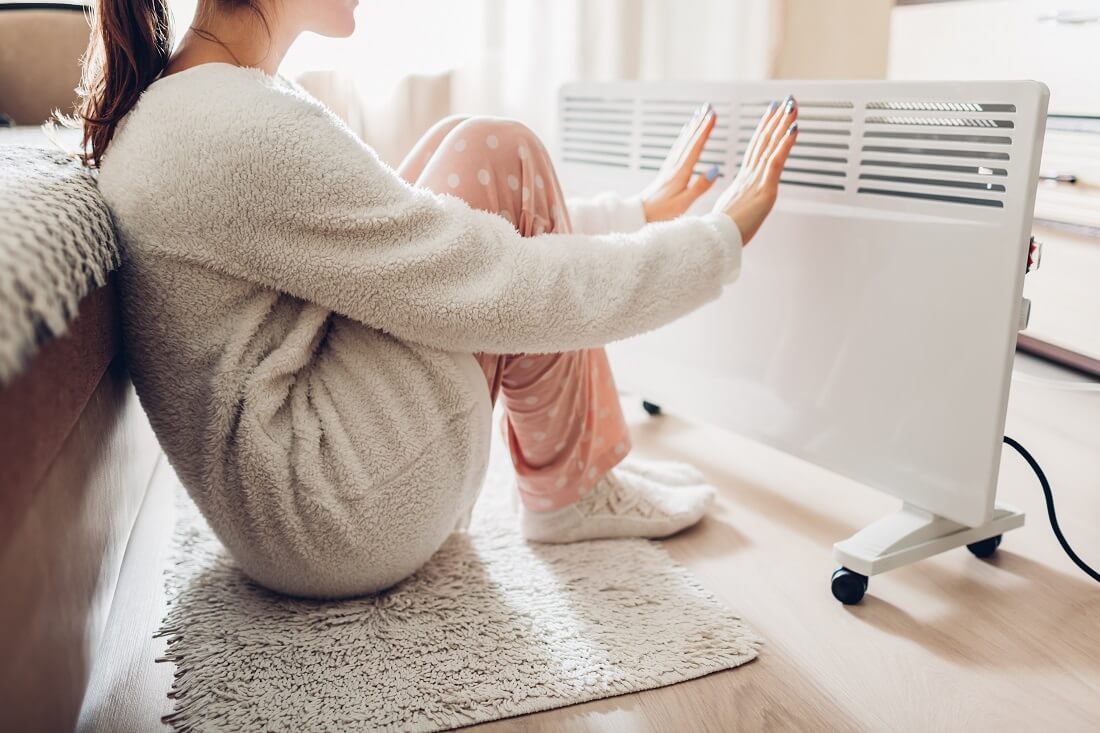As we enter into the coldest time of the year, we all seem to start to cringe at the thought of our heating bills. It is of no surprise that heating bills are usually higher throughout winters. The heating systems need to work hard to keep up with the frigid temperatures.
Well, this is almost a "national" problem in Australia. So, here are the reasons for growing heating bills which you should keep an eye on.
1) Insufficient Insulation
If you do not keep a regular check on your home’s insulation or if it’s older, then your system and energy bill will see a huge spike. Energy sheath, including ceiling, entry doors, windows, and exterior walls, should be insulated appropriately. Proper insulation allows minimum heat transfer. It will eventually keep your home at a steady temperature. Sealing your windows and covering the inside of doors with foam weather-stripping adds up to adequate insulation.
2) Lack of Maintenance
Skipping routine maintenance of the heating system is one of the obvious reasons that adds a spike in your heating bills. Heating systems, like most large appliances and devices, require routine maintenance and service. Maintenance ensures that the heating systems are operating properly, as well as to detect and rectify problems before they cause havoc. Inspection, cleaning the HVAC system, and the timely replacing of air filters can reduce the burden on the heating system. This allows it to work more efficiently all year round.
3) Inefficient Heating System
Almost all of the HVAC systems require power to function, whether they are powered by oil, gas, or electricity. An inefficient heating unit will use more electricity or fuel to provide the same amount of heat. Your heating bill will quickly soar, as now your HVAC system works harder to provide the required level of heat. Moreover, ageing and leakage in ducts could be the reasons for an inefficient heating system.
Pro Tip: Because certain problems are more difficult to detect on your own, it is better to seek professional help from licensed professionals such as Heating Experts https://heatingexperts.com.au. Call us now 1300 100 040 to book an appointment with our expert technicians.
4) Replacing Old Thermostat with Programmable One
A thermostat can either break it or make it. It affects your heating needs both negatively and positively. For instance, raising the temperature by 2 or 3 degrees of a heating pump will eventually activate the strip of electric heat. This will add up to more consumption of electricity than keeping it running all day. To save energy, you should replace it with a programmable thermostat. You just have to turn down the thermostat by several degrees when you go out or sleep, and then pre-set it automatically to raise the temperature once you are back home.
4) Improper Size of Heating System
It all comes down to the square footage of your home. There are chances that your heating system could be producing more heat than you need. If your HVAC system is too small, it will try to achieve the required level of heat, but will never manage it. This will lead to wear and tear in the system and increased heating bills. Whereas, if the HVAC is too large, it will keep going on and off, which results in the reduced lifespan of the system.
